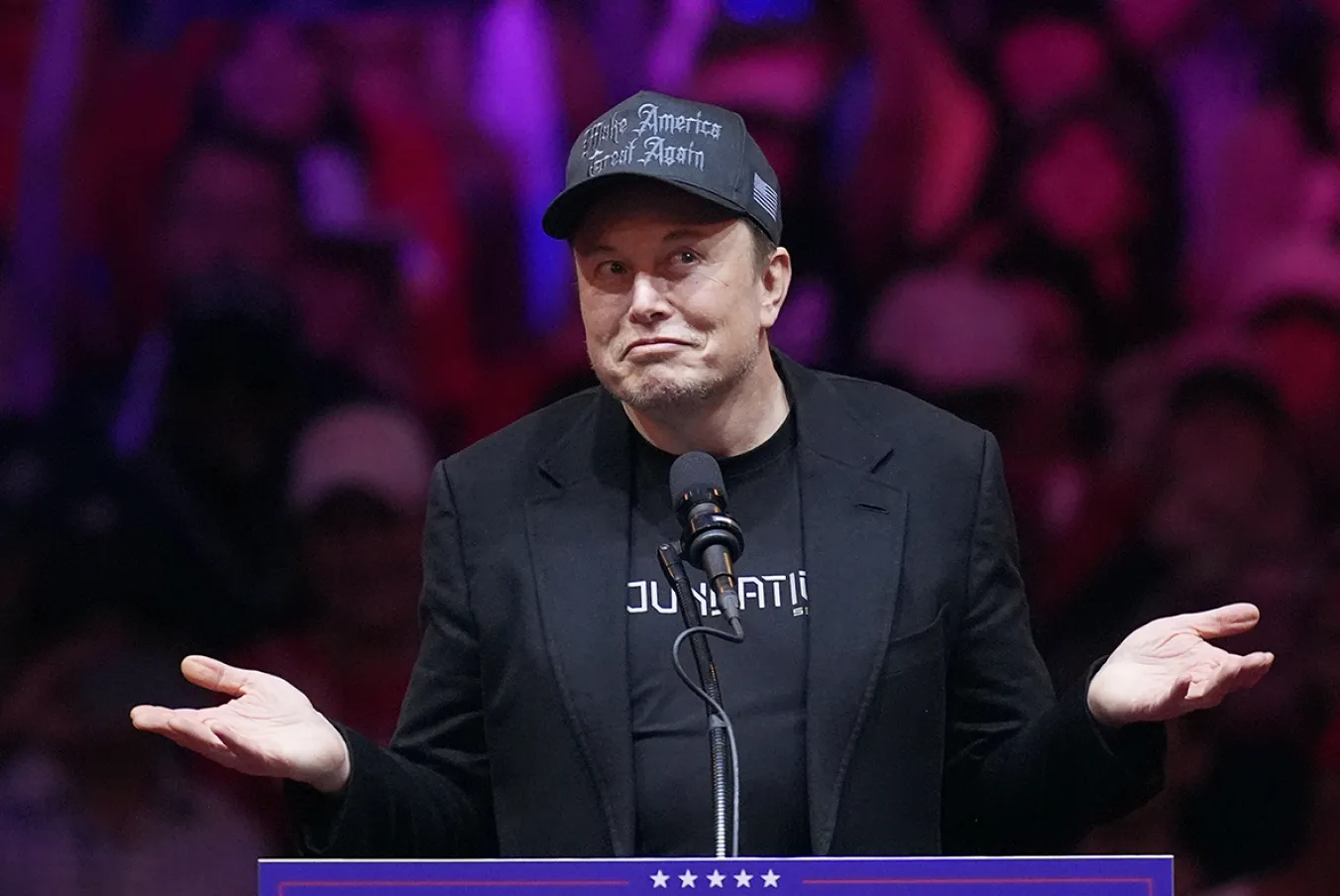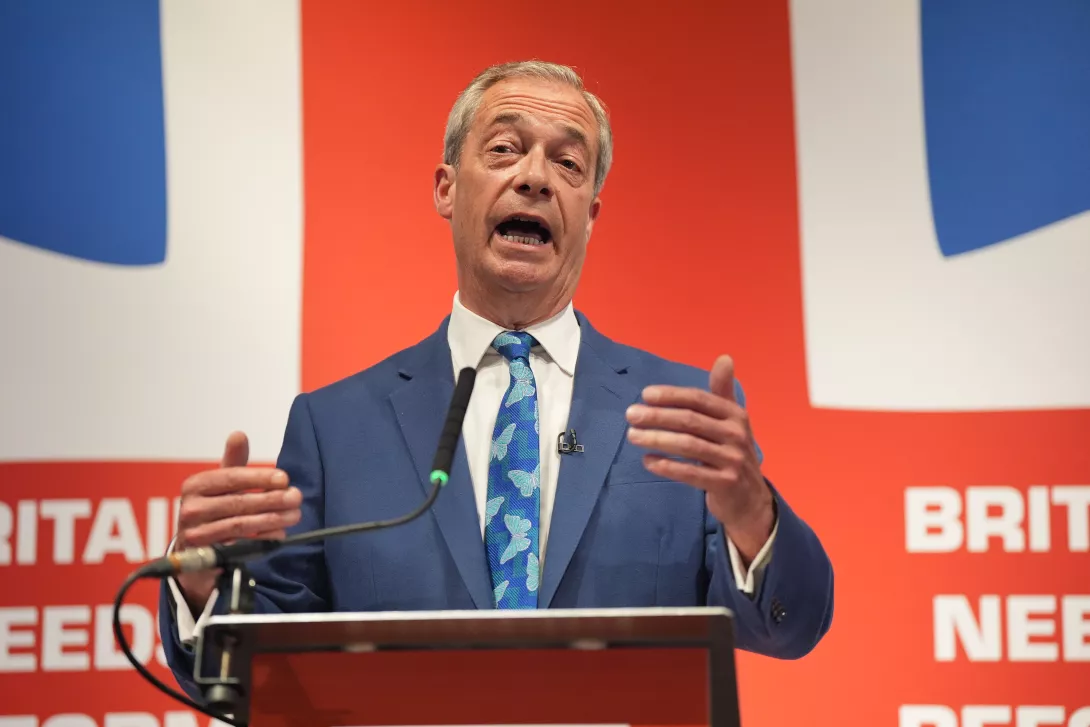VIJAY PRASHAD examines why in 2018 Washington started to take an increasingly belligerent stance towards ‘near peer rivals’ – Russa and China – with far-reaching geopolitical effects
Reform UK: Patriotism as a false flag
Farage's party is a political machine deeply tied to the interests of US big business, writes PHIL KATZ in the first of a series of features on this growing force in British politics
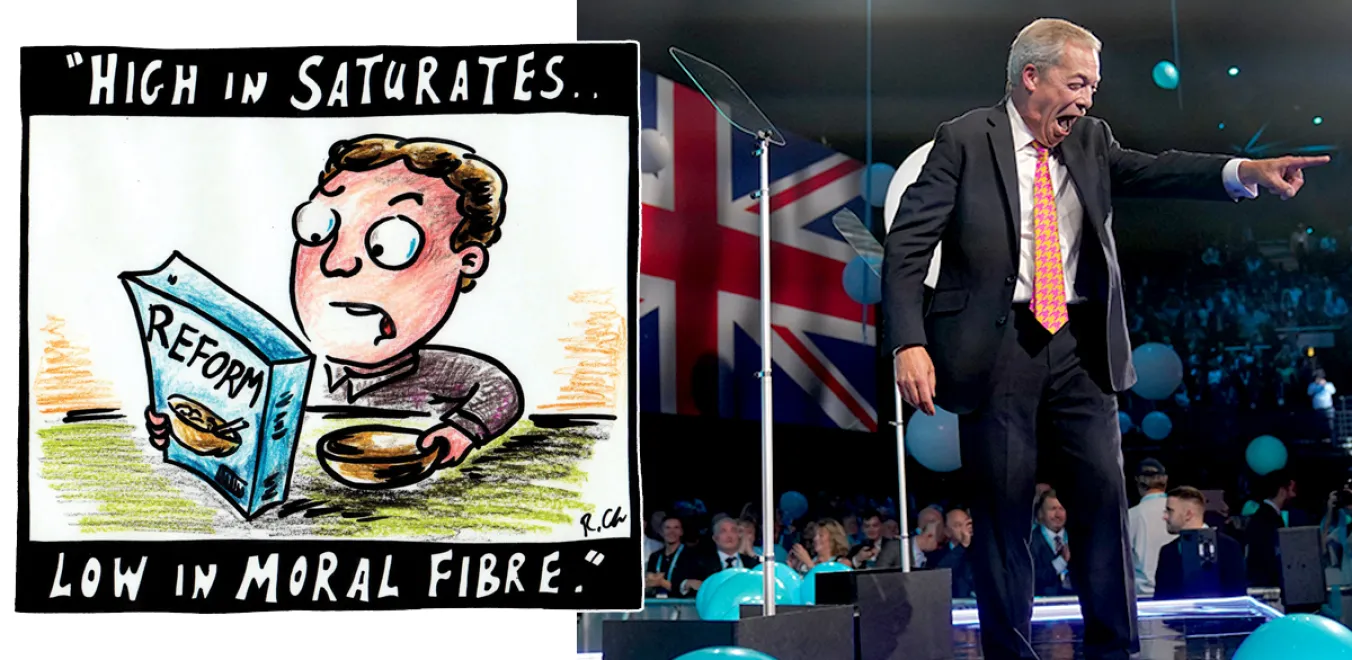
FARAGE’S Reform UK is often portrayed as a patriotic, anti-immigrant party focused on controlling borders and “taking back” Britain. But a closer look at the party’s connections and financial dealings reveals something quite different.
With the demise of the empire, Britain’s capitalist class divided between those who saw their future in the EU, others that wanted to throw in their lot with US imperialism to divide up the world and those locked into local communities in the small business, farming and fishing sectors.
Reform UK represents those tied to the US, but its base is very much in the small business sector.
More from this author

From anti-apartheid work to uniting migrant workers, Sutton showed us how to build worker power, keeping socialism’s flame burning bright, and leaving London’s mighty May Day parade as his legacy, writes Phil Katz
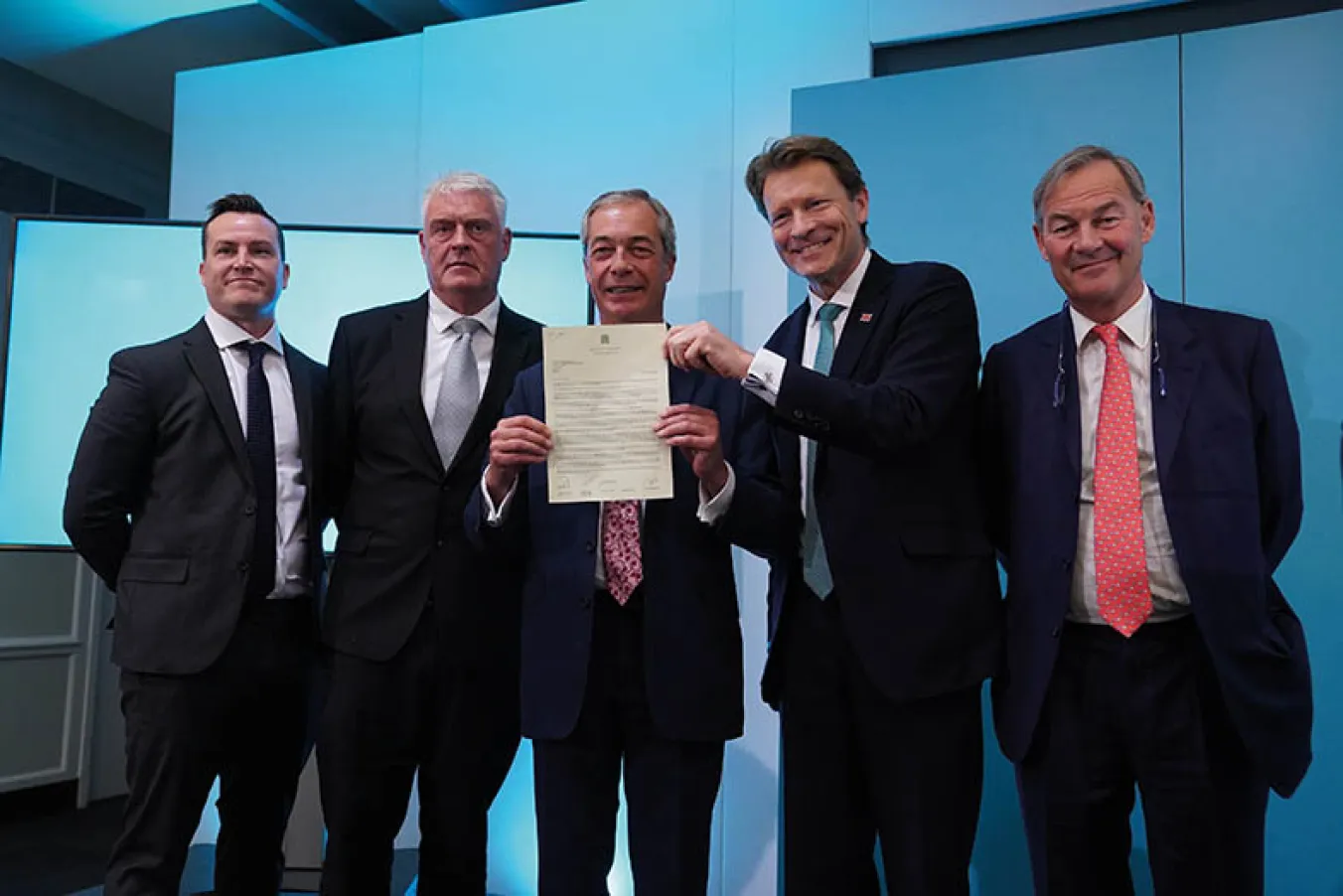
In the last of a three-part series, PHIL KATZ explains how unions are best placed to present a positive, pro-worker, pro-public services alternative to the narrative of division, deregulation and greed peddled by Farage’s party
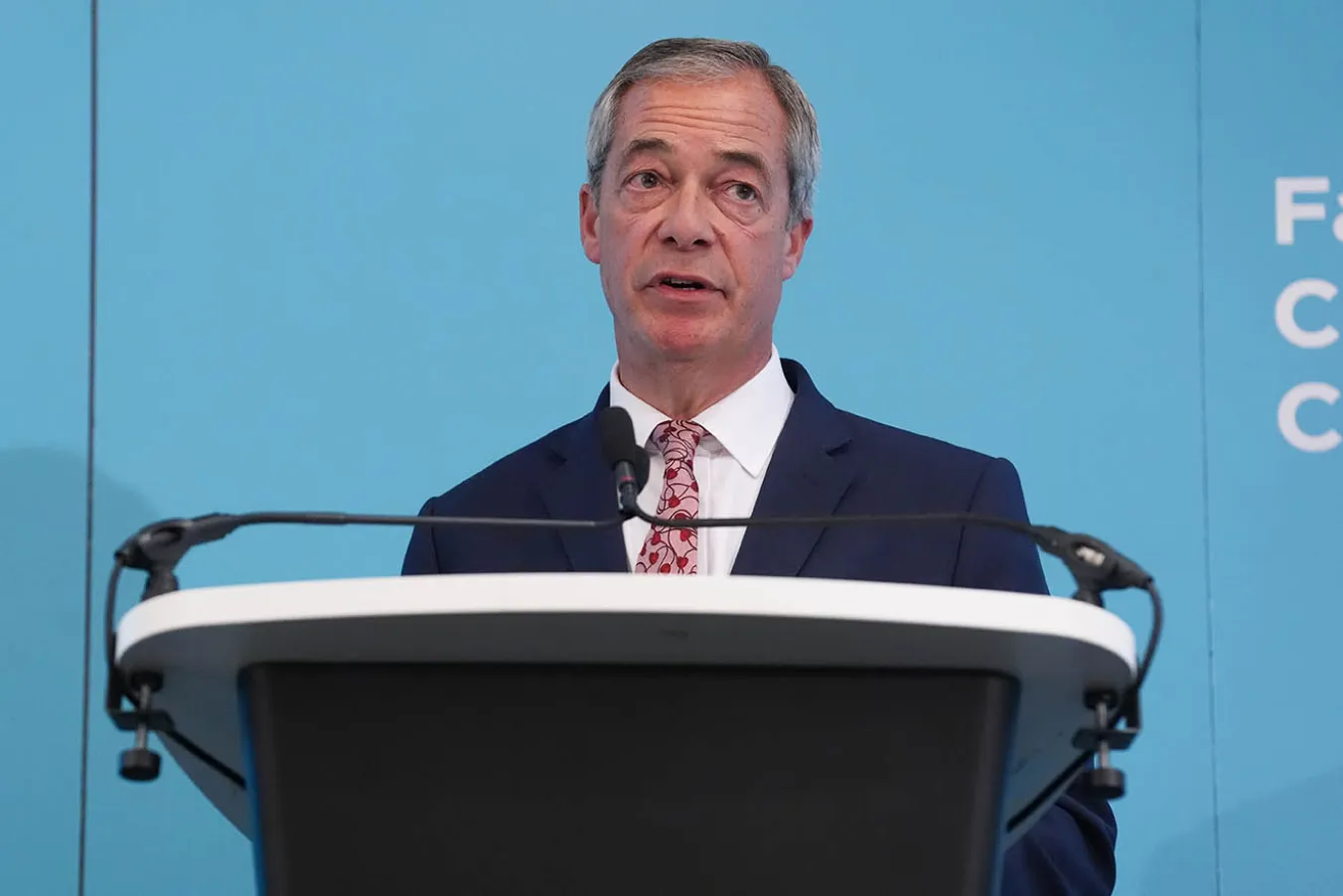
In the second of a three-part analysis, PHIL KATZ looks at areas where the labour movement should be able to demolish the new right-wing upstart party: its economic policies and attitude to the welfare state

PHIL KATZ, district secretary of the Communist Party in the East of England outlines the importance of the Burston Strike Rally, the food and land issue for workers and outlines the issues covered in the launch of a new Rural Charter
Similar stories

NICK WRIGHT dissects the contradictory views of Reform UK voters, finding significant opportunities for the left to challenge far-right narratives by addressing its voters’ legitimate economic concerns
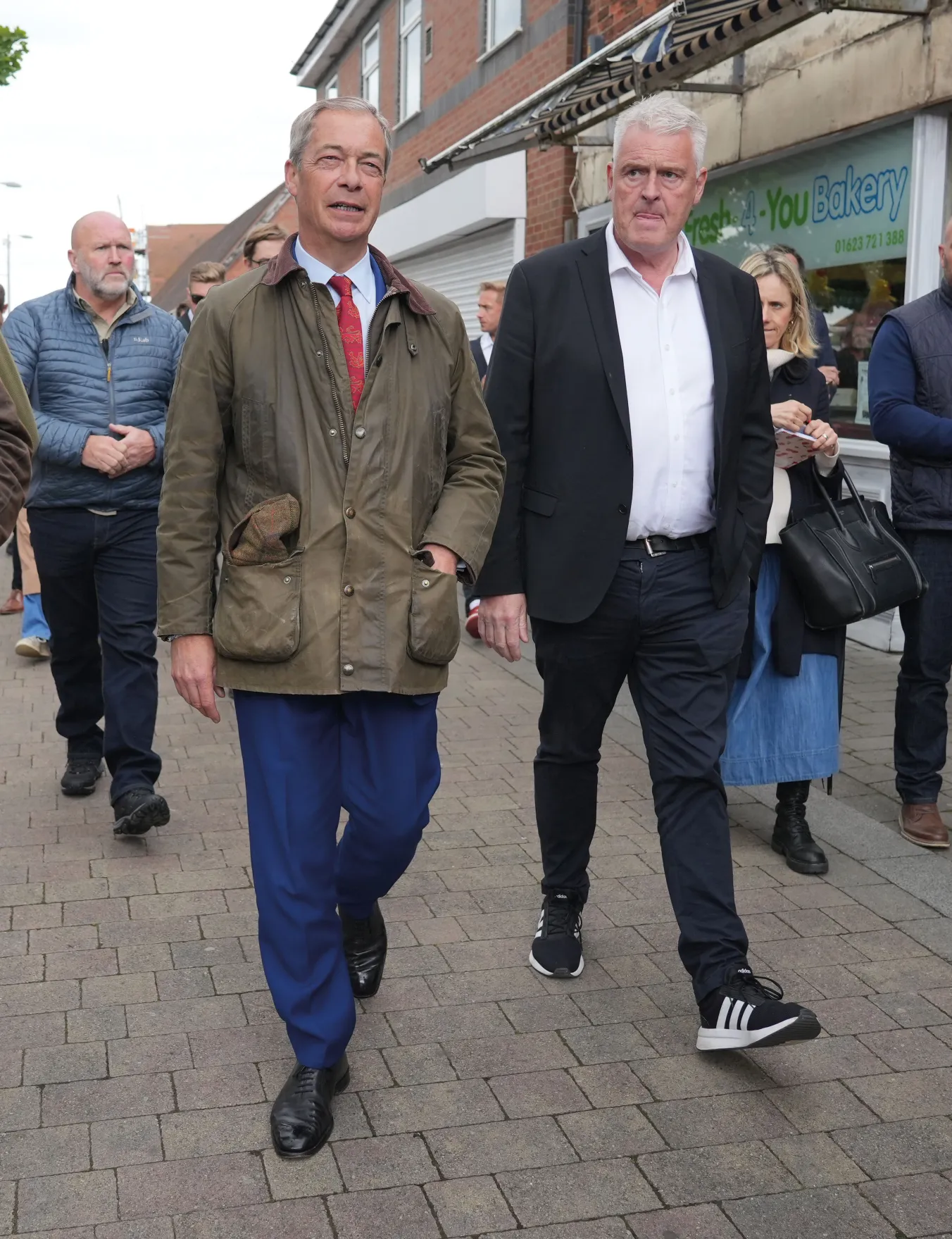
In the first of two pieces, NICK WRIGHT examines the rise of Reform UK and its parallels with France’s National Rally, warning of the dangers that lie ahead for a left without convincing answers to rising anti-immigration sentiment










